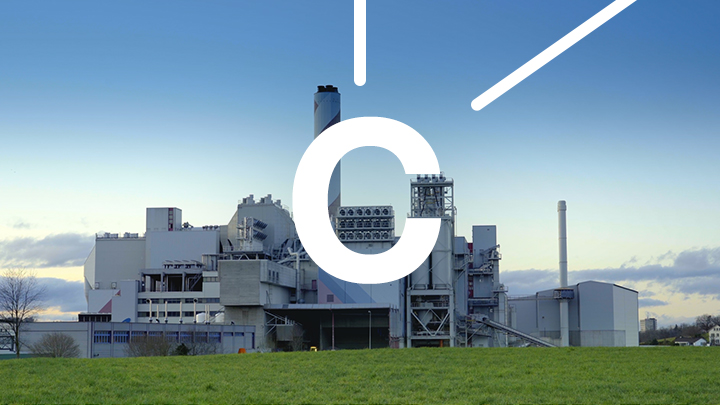Let’s combat the causes of global warming
Global warming is caused by the increase of greenhouse gases in the atmosphere that trap the sun’s heat and keep it close to the Earth’s surface. Carbon dioxide accounts for about three quarters of greenhouse gases and mainly comes from burning fossil fuels. Technology to reduce carbon dioxide emissions is available. Some of the most promising technologies are described in our new white paper.
Carbon dioxide – the invisible pollutant
We have emitted carbon dioxide without concern. Natural sinks are not absorbing the anthropogenic emissions, and atmospheric concentrations are increasing. We cannot see or smell carbon dioxide. But we can notice the effects on climate change and the endangerment of the ecosystems supporting our livelihoods. The global community came to an agreement and clearly set limits in the Paris Agreement. Our remaining carbon budget as of 2021 for a maximum rise of 1.5 °C is expected to be 460 gigatons. At the 2020 emission rate of 32 gigatons per year, we will have used up our CO2 budget by 2035!
The task: As clear as A-B-C
A maximum temperature rise of 1.5 °C hinges on the unprecedented promotion of clean technologies by 2030. So the task is very clear: We have 10 years to overcome this challenge with the technologies we have available to us today. MAN Energy Solutions can help achieve this goal with three types of solutions categorized as A for Avoid, B for Balance and C for Capture. All our business units are working on it, including Energy & Storage, Industries, Marine, and Services.

A for Avoid CO2 emissions
Avoiding emissions is not about changing behavior or reducing consumption; it concerns a wide spectrum of technologies that are effective, transformative, and ready for implementation. Solutions include improvements in heating, gas flaring, industry, power generation, road transport, aviation, and the maritime sector. For example, the MAN electro-thermal energy storage (ETES) heat pump system provides carbon-neutral heat in the Danish port of Esbjerg. We have also retrofitted the MV ElbBLUE container ship to run on carbon-neutral synthetic natural gas.
B for Balance renewable power
Wind and solar power can be unreliable. Infrastructure is required to compensate for the imbalance of renewable production in terms of time and geography. New forms of storage will balance out fluctuations in demand and supply. MAN’s energy storage solutions include batteries, compressed air, flywheels, electro-thermal, liquid air, molten salt, power-to-X, and hydrogen. One of our latest projects uses molten salt for long-duration energy storage to ensure the reliability of renewable power generation.


C for Capture then use or sequester
We will exceed our carbon budget in the next 10 years. We cannot count on natural carbon sinks, such as oceans, vegetation, and soil, to remove enough carbon dioxide. All scenarios set forth by the IPCC require between 5 and 20 Gt to be removed per year. The infrastructure we build today for carbon capture and sequestration will be with us for the next century. Carbon dioxide is harnessed in three steps: 1) Capture and purify, 2) Aggregate and transport, 3) Use or sequester. MAN offers a range of advanced technologies for carbon capture and storage (CCS) that includes highly efficient compression solutions together with experience in high-pressure CO2 compression and plant designs.
Get more information from our white paper
The time to act is now
Technologies that reduce carbon dioxide emissions are available. Download our new white paper to find out more about these technologies and decide which one is suitable for your business. We do not have the luxury of waiting; our carbon budget is running out. We must act now. Decisively. Rapidly.
Upcoming MAN ExpertTalks

Sorry,
Explore more topics
MAN Energy Solutions is now Everllence.
We have adopted a new brand name and moved to a new domain: www.everllence.com. This page will also be relocated there shortly. We are working on shifting all pages to www.everllence.com.
